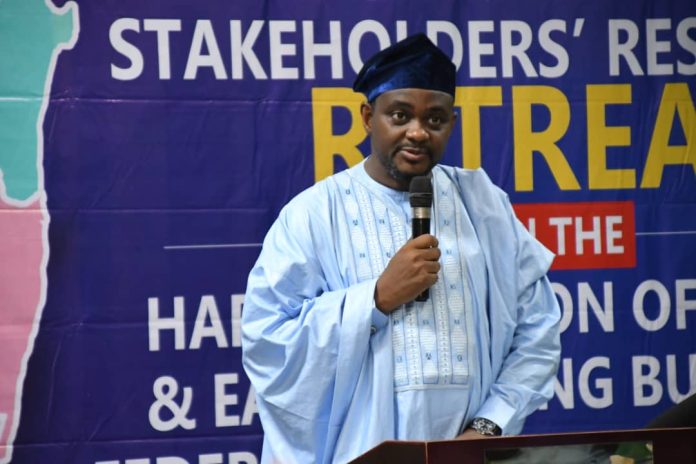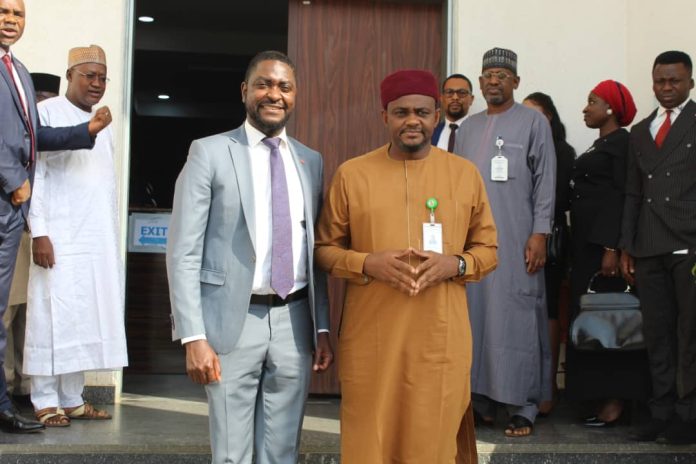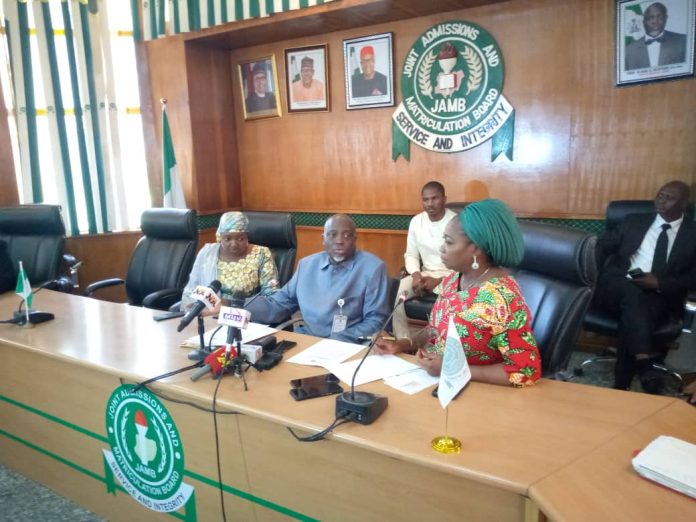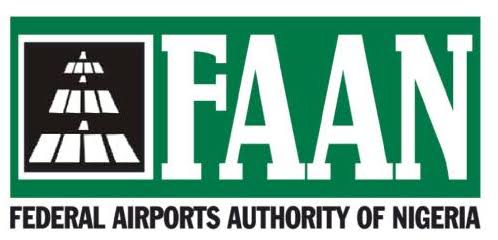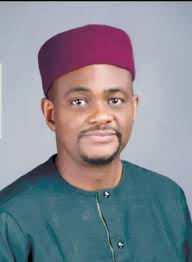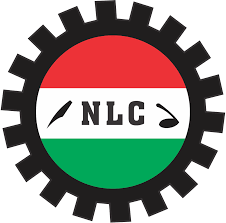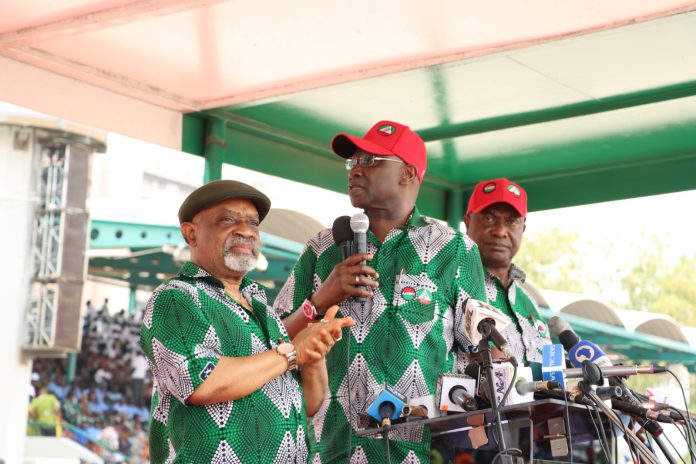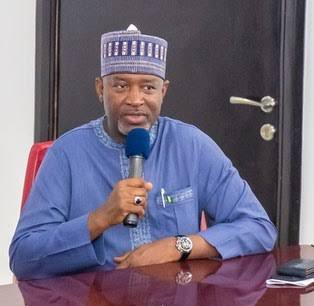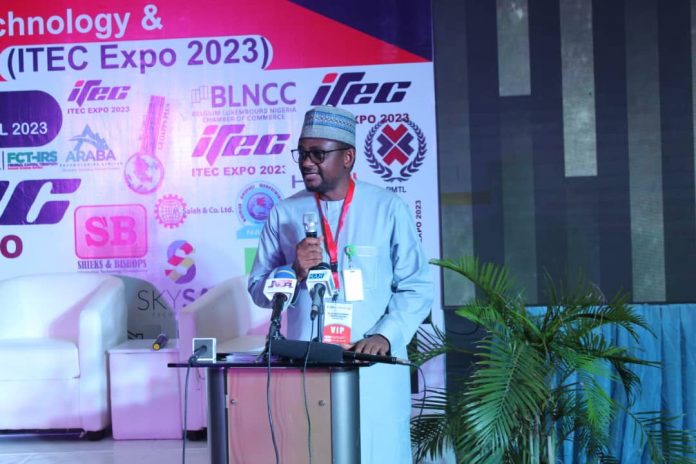…Says Abuja Uniqueness Good for Investors
The Minister of the Federal Capital Territory (FCT), Mallam Muhammad Musa Bello, has tasked all involved parties and revenue-generating Secretariats, Departments, and Agencies in the Federal Capital Territory to coordinate the tax collection process in order to avoid the duplication of taxes owed by Territory citizens and corporate entities. The minister asserted that a new tax structure that harmonized tax collections would put an end to different taxes in addition to encouraging the growth of small and medium-sized businesses in the nation’s capital. Bello, who was represented by the FCTA Permanent Secretary, Olusade Adesola, gave the charge at the Stakeholders Resolution Retreat on Harmonization of Revenue Collection and Ease of Doing Business in FCT, held Thursday, at Akure, the Ondo State capital. He said that the FCT Administration has over the years embarked on reform programmes that will encourage the harmonization of tax system and promote the Ease of Doing Business to allow Small and Medium Scale Enterprises as well as other businesses to strive in a friendly environment created by the government. The Minister hinted that some of the reforms being implemented include the automated platforms for the issuance of permit, licenses and approvals known as the FCT business portal, which allows businesses and individuals to apply for and receive all necessary permits and licenses in Realtime without physical contact with any government officials. He, however, revealed that the FCT Administration is assiduously working on streamlining and simplifying the regulations and procedure for Business Registration, Property Registration and Land Use planning. According to him:”These reforms will assist to create a more transparent and efficient regulatory environment for businesses in the FCT in order to encourage growth and rapid development of the city. “We need the active participation and engagement of businesses, investors and civil society organizations to ensure that our reforms are effective, inclusive and perhaps, above all sustainable.” Declaring the event opened, the Ondo State Governor, Rotimi Akeredolu, said the event is historic and significant because it will equip the participants with the knowledge and skills required for effective tax administration and would also enable them to know about the tax regime being implemented by the Ondo State Government. The Governor, who was represented by the Commissioner for Finance, Wale Akinterinwa, commended the FCT Administration for the choice of Ondo State as the venue for the Retreat. In a paper presentation during the technical session “tagged agenda setting”, the Permanent Secretary, Olusade Adesola, said that the current state of revenue collection in the FCT is a critical topic for discussion at this Retreat because it will provide the foundation for any efforts aimed at harmonizing revenue collection. Adesola bemoaned the present revenue collection in the FCT which carried out by different revenue generating agencies within the FCTA, the six Area Councils, and FCT-IRS. He said each of the Agencies has its own specific mandate for revenue collection; therefore, leading to a significant degree of overlap and duplication across the Agencies. Earlier in his address of welcome, the Acting Executive Chairman, FCT-IRS, Haruna Abdullahi, said the retreat is pathway towards achieving its vision to establish a world-class revenue collection system in the FCT that is transparent, accountable, and efficient. He noted that the stakeholders have made significant progress since the previous retreats, and are now ready to take the next steps towards achieving a harmonized revenue collection system that is efficient, transparent, and fair.The Chairman who revealed that with the administration is doing well in revenue generation, hinted that with the continue support from the office of the Honorable Minister, Permanent Secretary and other relevant stakeholders in revenue agencies within the administration, FCTA will continue to complete favourably in area of revenue generation amongst the committee of nation across the globe. Among dignitaries at the retreat the Chairmen of the FCT Area Councils, top FCTA management Staff, FCT-IRS staff, heads of revenue and finance departments of the Councils.

